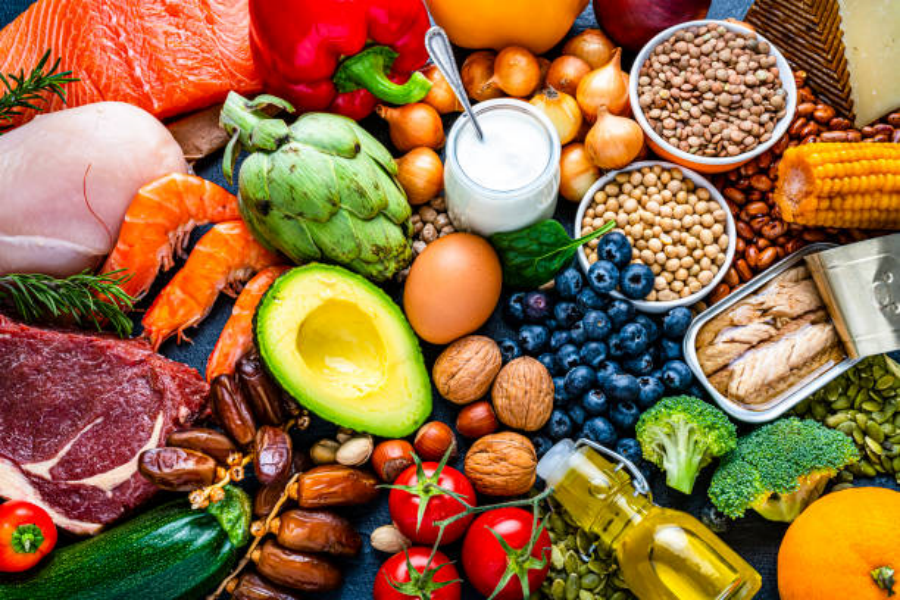At its core, nutrition is about balance. Our bodies require a variety of nutrients—carbohydrates, proteins, fats, vitamins, and minerals—to function optimally. Each nutrient plays a unique role; carbohydrates provide energy, proteins support growth and repair, and fats are essential for brain health and hormone production. Vitamins and minerals, though needed in smaller amounts, are vital for processes such as immune function and bone health. A well-rounded diet ensures that we receive all these essential components, promoting overall health and vitality.
The impact of nutrition extends beyond physical health. It significantly influences mental well-being as well. Research shows that a diet rich in fruits, vegetables, whole grains, and healthy fats can improve mood and cognitive function. Conversely, a diet high in processed foods and sugars has been linked to increased rates of anxiety and depression.

This connection highlights the importance of mindful eating, where the focus is not only on what we consume but also on how it affects our mental state.
In addition to individual health, nutrition plays a vital role in community and global well-being. Food systems that prioritize sustainability and local sourcing contribute to healthier populations and a healthier planet. By choosing seasonal and locally grown foods, we support local economies and reduce our carbon footprint. Moreover, promoting nutrition education within communities can empower individuals to make informed dietary choices, fostering a culture of health that benefits everyone.
However, the modern landscape presents challenges to achieving optimal nutrition. Busy lifestyles often lead to reliance on convenience foods that are high in calories but low in nutrients. Additionally, marketing tactics can mislead consumers about the healthfulness of certain products.

Understanding nutrition labels and becoming discerning shoppers is essential for making healthier choices.
To cultivate a nutritious lifestyle, small changes can lead to significant improvements. Incorporating more whole foods into daily meals, such as fruits, vegetables, and whole grains, can enhance nutrient intake. Planning meals and snacks can also help avoid the temptation of unhealthy options. Furthermore, staying hydrated and practicing portion control are crucial elements of a balanced diet.
In conclusion, nutrition is a vital aspect of our lives, influencing our physical health, mental well-being, and the health of our communities. By prioritizing a balanced and informed approach to eating, we can empower ourselves and those around us to lead healthier, more fulfilling lives. Embracing the principles of good nutrition is not just a personal journey; it is a collective effort toward a healthier future for all.






